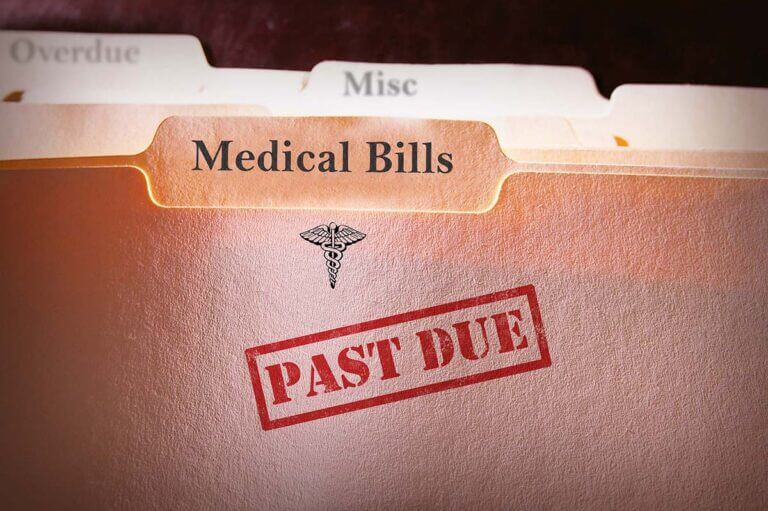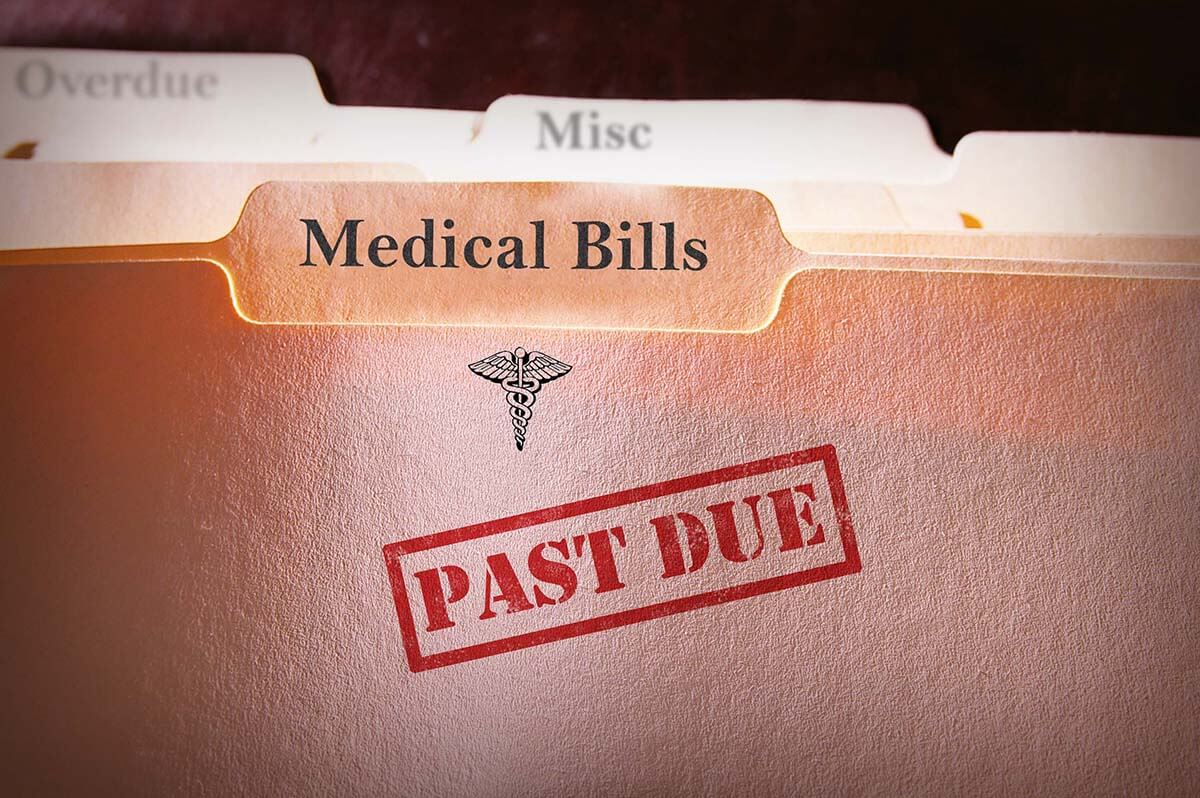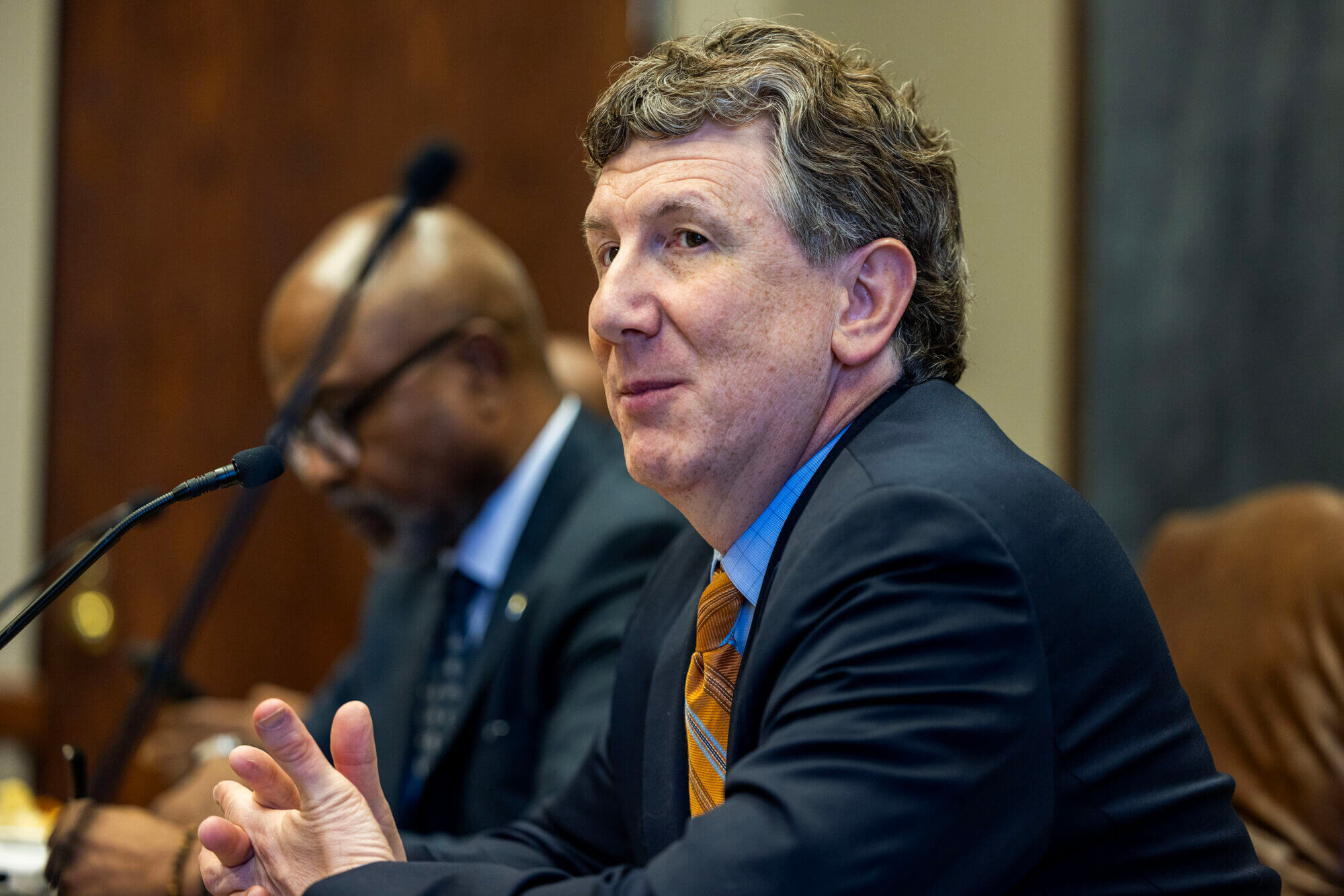

Marie lies awake at night, worrying about how she will afford health insurance in January. Her monthly premium is rising from $20 to $75 — a nearly fourfold increase — and she doesn’t know what she will do.
The 48-year-old from Yazoo City, who is being identified by her middle name due to privacy concerns and fear of retaliation, has chronic kidney failure, high blood pressure and fibromyalgia, a chronic condition that causes widespread body pain and fatigue. She does not work due to her health issues and the responsibility of caring for three children under the age of four.
“I’ve got to have something, and I don’t know what I’m going to do at this moment,” Marie said. “Today, I can’t tell you what I’m going to do.”
Marie is one of hundreds of thousands of Mississippians facing increasing health insurance prices next year. Premiums for Affordable Care Act Marketplace plans are set to rise in January if Congress does not act to extend the enhanced premium tax credits that make coverage more affordable for over 22 million Americans. Consumers will pay more than double on average, according to KFF, though the rate changes will vary based on age, income and location.
About 200,000 Mississippians are expected to drop their Marketplace coverage if the increased subsidies are not extended, Mississippi Insurance Commissioner Mike Chaney told Mississippi Today. It is projected to be one of the steepest drop offs in health coverage among all states.
The Marketplace primarily insures people who do not have health coverage through their employer, Medicare or Medicaid, and about half of them are small business owners, employees, or self-employed.
For a 40-year old living alone in Jackson and making $30,000 annually, the estimated cost of monthly premiums for a silver health insurance plan would rise more than $100, from $42 to $155 per month, KFF estimates show. Such a person would still receive $483 in monthly standard federal tax credits, first made available in 2014 through the Affordable Care Act for people who make between $15,650 and $62,600.
The enhanced subsidies were an added boost authorized by Congress in 2021 that raised the income ceiling for eligibility and allowed low-income households to access insurance without paying premiums during the COVID-19 pandemic.
As a result, the number of Mississippians enrolled in Marketplace health insurance tripled, rising by over 200,000 people between 2021 and 2025, according to enrollment data from the Centers for Medicare and Medicaid Services. During the same period, the number of people without insurance – one of the highest rates in the country – dropped several percentage points.
A disagreement over extending the increased subsidies was at the heart of the 43-day federal government shutdown — the longest in U.S. history — that ended Wednesday night, with Democrats pushing for their renewal. Democratic leaders in Congress have vowed to continue fighting to extend the subsidies, and Republicans have promised to hold a vote on their extension by mid-December.
Insurance Commissioner Chaney told Mississippi Today he believes the enhanced tax credits should be phased out, but more gently than ending suddenly at the close of the year.
“We cannot continue to give people free health care, free food, free everything and have a very small number pay for it,” he said. “People have to have some skin in the game to make the system work.”
Marie was one of the Mississippians who benefited from the new, enhanced tax credits in 2021. For the last three years, she has paid a $20 monthly premium for Marketplace insurance, making it possible for her to afford regular appointments and bloodwork to monitor her kidney condition and the costs of her medications.
But Marie said she and her husband, who works, can’t afford the higher price tag, nor can they pay the out-of-pocket costs of her care if she turns down coverage.
“If I don’t have my blood pressure medicine, that’s going to be bad,” she said. “I probably won’t live long.”
Experts warn that more people going without health insurance coverage could have serious consequences not only for those individuals but also for other consumers and hospitals.
Healthy consumers who can go without coverage are the most likely to drop coverage, a shift that is likely to drive up Marketplace premiums overall, said Sabrina Corlette, a research professor and co-director of the Center on Health Insurance Reforms at Georgetown University. As healthier enrollees leave, the remaining customer base, called the “risk pool,” will become sicker on average and more expensive to insure.
This is already reflected in next year’s rates. Marketplace insurers told regulators they plan to raise premiums by about 4 percentage points more on average in 2026 to offset the loss of healthier customers, KFF reported. They are also raising prices to keep pace with rising medical costs.
Corlette said she expects prices to rise further in 2027 if the subsidies are not extended.
“It takes a while for these changes to ripple through the system,” she said.

If tens of thousands of Mississippians drop insurance coverage, hospitals will likely shoulder the costs of caring for uninsured patients when they turn to emergency rooms as a last resort, said Richard Roberson, president and CEO of the Mississippi Hospital Association.
Mississippi’s rural hospitals will lose about $200 million in 2026 if the enhanced subsidies are not extended, according to projections from the Commonwealth Fund, a private foundation that studies health care access in the U.S. More than half of Mississippi’s rural hospitals are already at risk of closing, according to one recent report.
And hospitals across the state are already anticipating cuts to Medicaid payments beginning in 2029 as a result of a sweeping tax-and-spending bill signed into law by President Donald Trump this summer. Paired with rising uncompensated care costs, those reductions will strain hospitals’ bottom line, Roberson said.
“At some point, it’s not going to be sustainable for hospitals,” he said.
The new law that reduces Medicaid funding also imposes new verification requirements for people receiving standard tax credits. This creates added red tape that produces “more friction for people,” and may drive younger, healthier people to not enroll in plans to avoid the hassle, Corlette said.
Open enrollment for Marketplace health insurance plans began Nov. 1, giving Americans the first look at their premiums next year. The deadline to enroll in insurance to start in January is Dec. 15, 2025.
If you plan to purchase insurance through the Affordable Care Act Marketplace for 2026, experts recommend these tips:
Review your premiums early – Check your insurance premiums as soon as possible to allow time to make arrangements for next year. Estimated prices for 2026 plans are now available on HealthCare.gov.
Beware of misleading products – Be cautious if you’re considering buying coverage outside of HealthCare.gov. Some companies may use aggressive or deceptive marketing to sell alternatives to traditional insurance that provide customers limited protection, said Corlette. Plans such as short-term limited duration, fixed indemnity, health care sharing ministries, and Farm Bureau health plans, could expose customers to financial risks, she said, so it’s important to research carefully before purchasing.
Seek help – If you’re facing significant premium increases or need assistance navigating the Marketplace, contact Help Health Mississippi, a free service operated by the Mississippi Health Advocacy Program, said program manager Khaylah Scott. The program’s website is helphealthms.org and its toll-free number is 1-877-314-3843.
Time is running out for Congress to extend the increased subsidies, Corlette said, noting that customers could be deterred by higher prices and opt not to renew their coverage for next year, on top of the back-end system changes that would take time to implement.
“The later we get, the harder it gets,” she said.
For consumers with a month and a half left to decide what to do about their coverage, the timeline is daunting.
“It’s overwhelming,” said Marie, who said she plans to reach out to her health insurance plan for help and explore the possibility of Medicaid coverage as the end of the year nears.
She is also turning to prayer.
“I pray a lot,” Marie said. “And we are going to keep praying because that’s the way things got to be.”
- ‘We can only go up from here’: Hope and apathy in Wilkinson County schools - February 28, 2026
- Community discussion grows around 24-hour child care in Hattiesburg - February 28, 2026
- Democrats say FEMA’s pause on long-term recovery projects is ‘just being mean’ - February 28, 2026